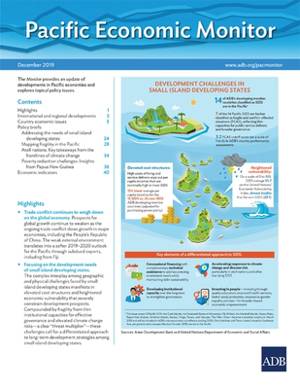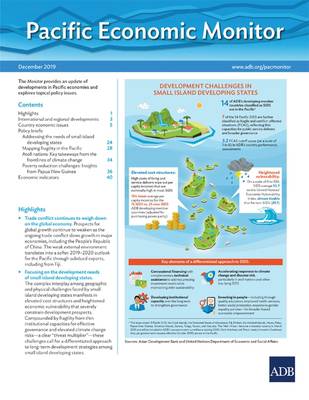
- Afhalen na 1 uur in een winkel met voorraad
- Gratis thuislevering in België vanaf € 30
- Ruim aanbod met 7 miljoen producten
- Afhalen na 1 uur in een winkel met voorraad
- Gratis thuislevering in België vanaf € 30
- Ruim aanbod met 7 miljoen producten
Zoeken
Omschrijving
Focuses on the development needs of small island developing states. The complex interplay among geographic and physical challenges faced by small island developing states manifests in elevated cost structures and heightened economic vulnerability that severely constrain development prospects.
Specificaties
Betrokkenen
- Auteur(s):
- Uitgeverij:
Inhoud
- Aantal bladzijden:
- 44
- Reeks:
Eigenschappen
- Productcode (EAN):
- 9789292619121
- Verschijningsdatum:
- 30/12/2019
- Uitvoering:
- Paperback

Alleen bij Standaard Boekhandel
+ 53 punten op je klantenkaart van Standaard Boekhandel
Beoordelingen
We publiceren alleen reviews die voldoen aan de voorwaarden voor reviews. Bekijk onze voorwaarden voor reviews.








